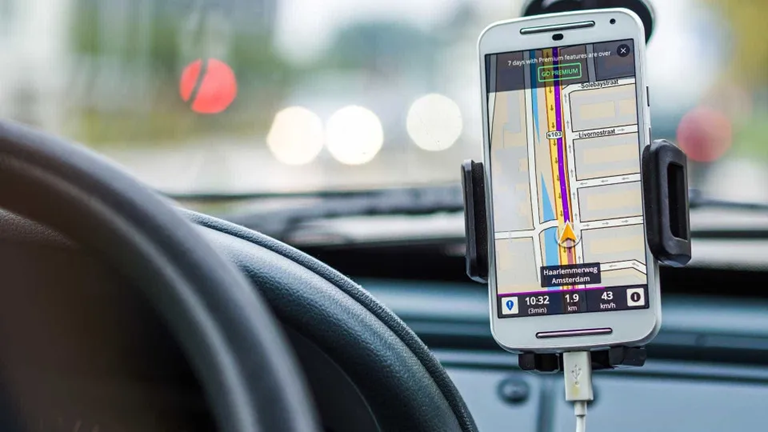
A technical team composed of representatives from the Brazilian federal government, armed forces, and aerospace sector will study the feasibility of Brazil developing an independent satellite positioning system. This proposal involves high complexity and costs, aiming to assess the risks associated with Brazil's dependency on positioning, navigation, and timing systems controlled by other countries (such as the U.S.-operated GPS system).
Zhongjin learned that the technical team was formally established through Resolution No. 33 of the Brazilian Space Development Committee, signed by Marcos Antonio Amaro dos Santos, Minister of the Office of the President's Institutional Security (GSI). According to this document, the research work is expected to be completed within 180 days starting from July 14. The expert group will submit a report to relevant government departments containing research findings and recommendations.
The Brazilian Space Agency (AEB) is also involved in this team. Rodrigo Leonardi, the agency's Portfolio Management Director, stated that the project aims to identify key obstacles and understand the technical and financial challenges faced in developing a national-level system. "We will strive to understand the pros and cons of developing an independent system," he explained.
Major global navigation systems include the U.S.'s GPS, Russia's GLONASS, the EU's Galileo, and China's BeiDou system. Additionally, there are regional systems like India's NavIC and Japan's QZSS. These systems collectively known as GNSS (Global Navigation Satellite Systems) are widely used in smartphones, cars, airplanes, ships, applications, as well as industrial and military systems.
The timing of establishing the Brazilian technical team coincides with U.S. President Trump's announcement of imposing a 50% tariff on Brazilian goods from August 1. This tariff news sparked discussions on social media, with concerns that the U.S. might cut off Brazil's GPS signal in a trade war. However, Leonardo from AEB stated that there is no connection between these events. "These are just some unreliable rumors on social media. Discussions on establishing a Brazilian independently developed satellite positioning system have been ongoing for a while. So far, no U.S. official has indicated any intention to restrict Brazil's use of GPS signals." He also added that even in extreme cases of limited GPS signals, there are alternative satellite positioning systems available, and many devices can already receive signals from multiple global positioning systems.
Geovany Araújo Borges, professor at the University of Brasília (UnB) and head of the Laboratory of Automation and Robotics (LARA), confirmed that it is technically possible to artificially degrade the quality of the GPS signal in a specific region, but the likelihood of such a situation is extremely low. "Doing so would even harm U.S. interests in Brazil, such as in logistics and transportation industries," he pointed out.
He also mentioned that Brazil has enough technical expertise to independently develop its satellite positioning and navigation system, but the main challenge lies in budget constraints for research and development. "Our issue is not the lack of professional talent but the lack of funding and strategic planning to drive it as a long-term policy for the nation," he said. "Although this step comes somewhat late, establishing this team helps initiate a strategic discussion, which is a positive signal."
